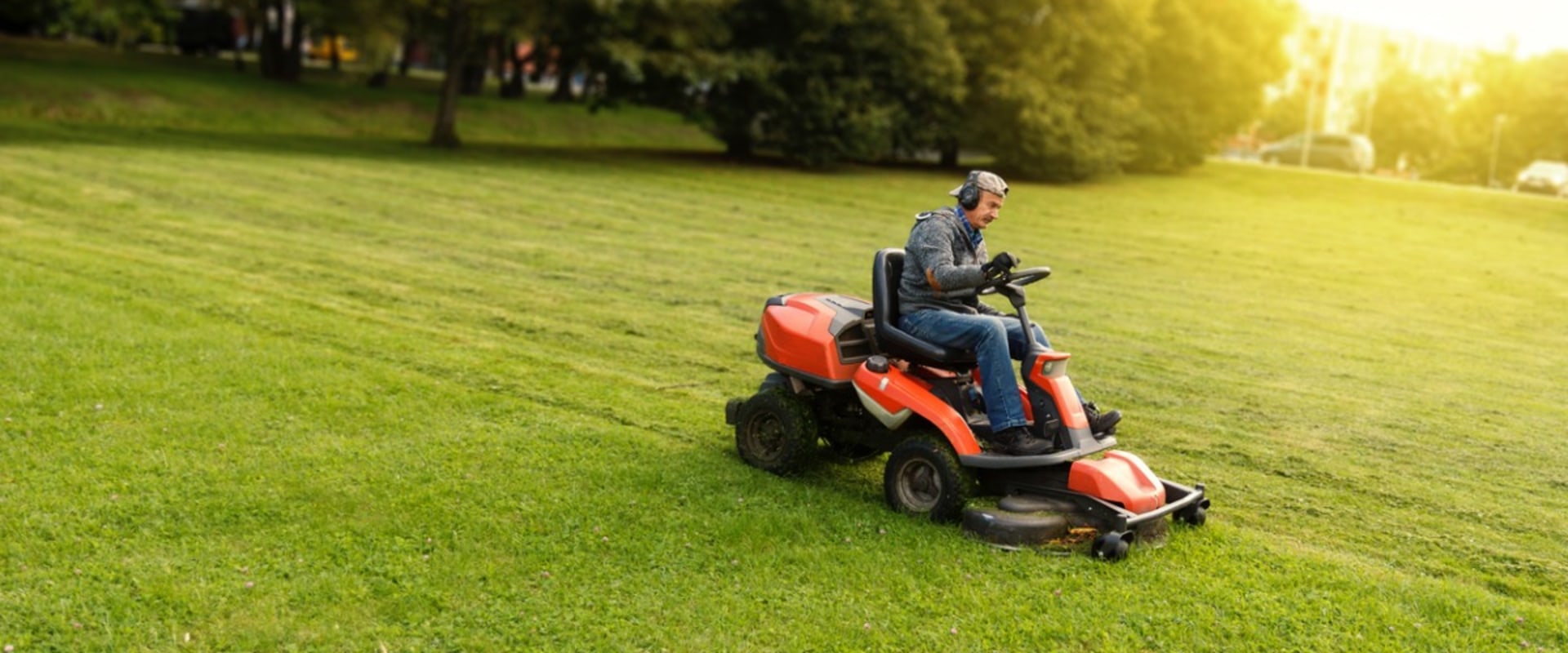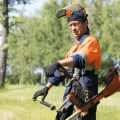When it comes to landscaping maintenance, whether or not you need to provide tools or equipment largely depends on the agreement with your landscaping service provider. Typically, professional landscapers come equipped with their own tools and machinery, as they have specific requirements for various tasks. This includes everything from lawnmowers and trimmers to more specialized equipment for particular landscaping projects. However, if your landscaping plan involves specific tasks like installing a patio or walkway, the landscaping team might collaborate with a top concrete crew in Spokane. In such cases, the top concrete crew in Spokane would bring their specialized equipment for concrete work. It's always best to discuss these details beforehand with your landscaping service to understand what is needed and who will provide the necessary equipment for each aspect of the project.
Business owners need to think beyond power tools when it comes to garden equipment. Eye and ear protection, gloves, long-sleeved shirts, steel-toed work boots, and other safety gear are essential for any landscaping project. The right garden equipment for the job means maximizing the efficiency of the task at hand. Workmanship is a constant challenge in the landscaping industry, so the right gardening equipment helps us solve this challenge in many cases.
For example, using an 11-foot or 12-foot mower on a large area of grass gets the job done much faster than a 60- to 72-foot mower, meaning that one crew member can do the work of many. This theory applies to garden maintenance teams, landscape improvement teams, commercial irrigation equipment, and commercial tree maintenance teams. It's also necessary to work with a landscape contractor, as they can help you ensure that your lawn is properly maintained. These professionals have the experience and skills to care for different lawns.
In addition, they know how to use various lawn maintenance tools and equipment. You can trust them to help you achieve a green and healthy lawn. Maintaining your lawn can be quite a challenge, especially if you don't have the right knowledge and skills. Unlike someone who is willing to put in a little work in the garden just to earn a few extra dollars, a professional landscape contractor will tell you if something will work or not for your property and what it will look like.
Garden equipment often uses trucks to reduce dust during gardening and to have pre-irrigation water to place the grass. So, if you're looking for the best way to care for your lawn, you should consider working with a landscape contractor. Fortunately, professional landscape contractors have all the tools for the job and know how to use them. Many large or small garden tools, such as couplers, blades, augers, shredders and stump shredders, can be connected to the gardening equipment mentioned above.
By contrast, a professional landscape contractor is knowledgeable in many areas and, as a result, can offer a variety of services, from outdoor water fountains and fireplaces to irrigation systems and a backyard pool. Any landscaping company can benefit from exploring the best equipment in the industry and considering the reasons why they would want to rent or buy gardening machinery. Gardening companies often use chain chargers for projects with sensitive landscapes or in areas with sand and mud. Some professional landscape contractors have a degree in Horticulture, while others who started have gained experience over the years. And once you get your commercial landscaping license, don't forget commercial landscape insurance to protect you, your lawn care company employees, and your customers. First of all, a professional landscape contractor will know what types of plants thrive in Minnesota and which don't.



